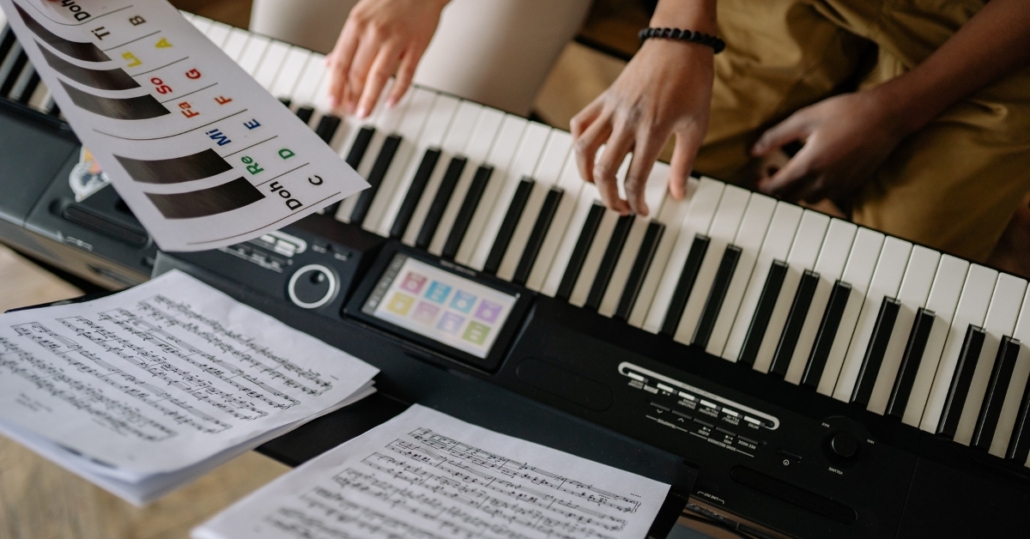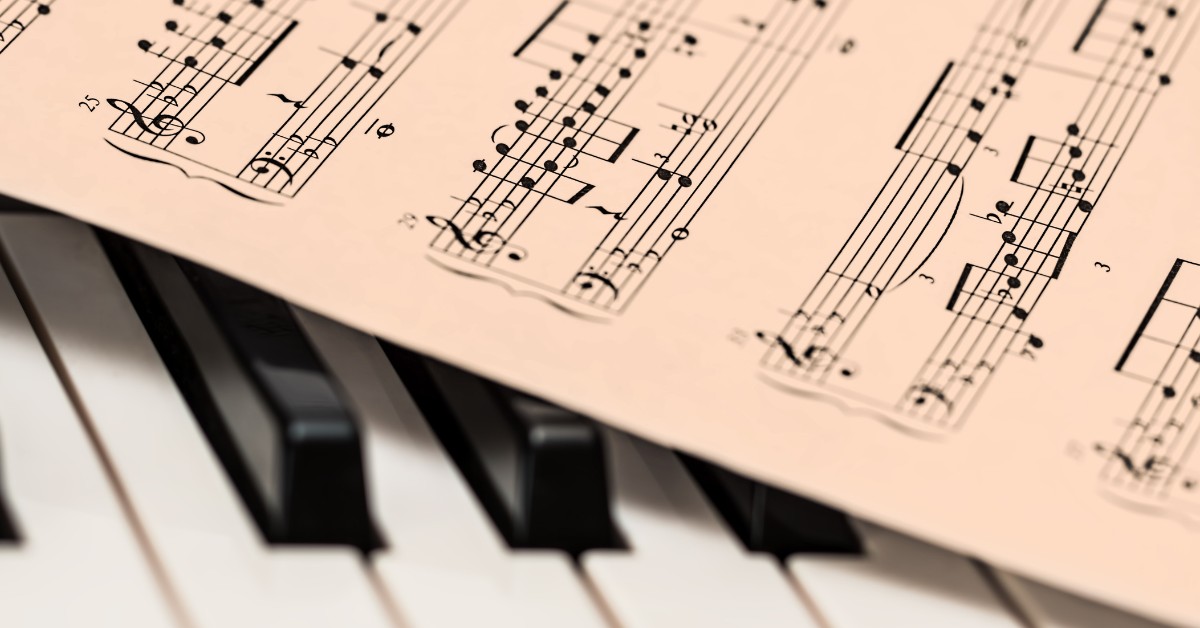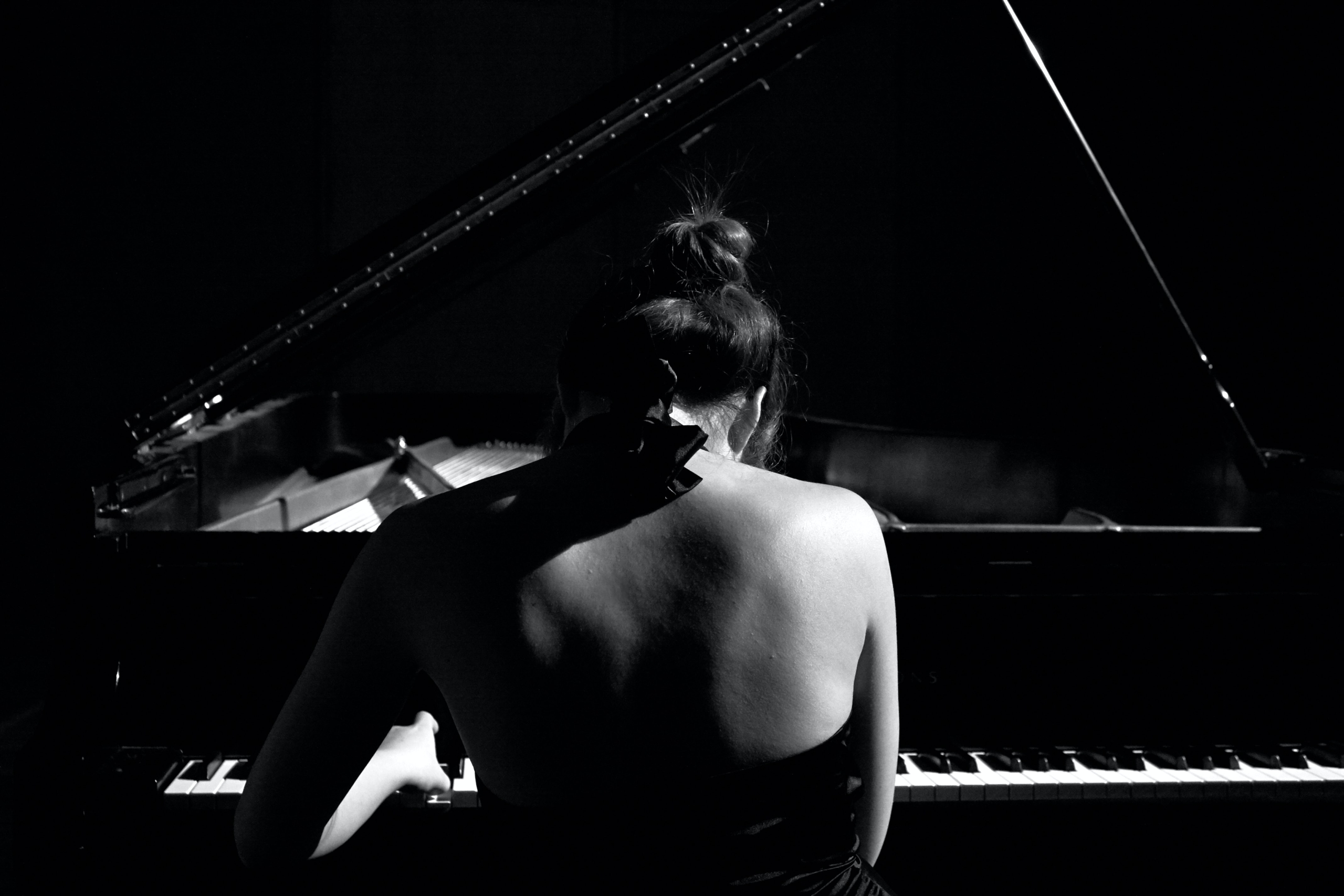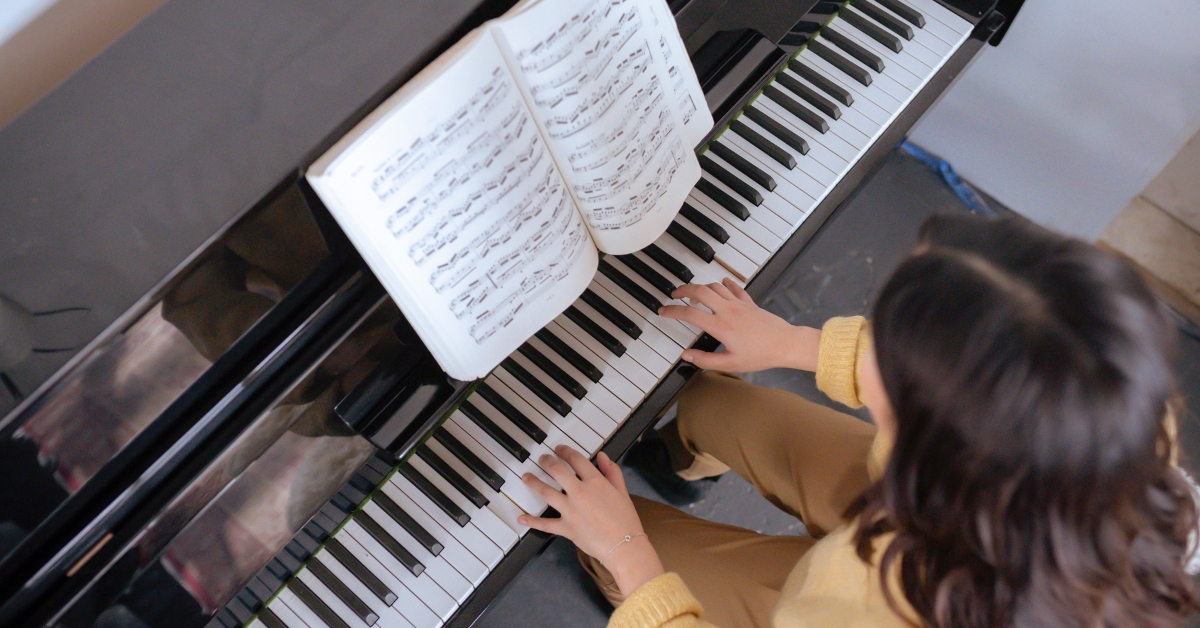Yolande Witkin’s Top Tips for Piano Lessons

Finding a teacher that you vibe with in piano
Finding a piano teacher that you vibe with is important for a successful learning piano experience. A good teacher can provide guidance, support, and motivation to help you reach your goals. Here are a few tips for finding a piano teacher that you vibe with:
- Research different teachers: Look for piano teachers in your area, and research their qualifications and experience. Many teachers like Yolande Witkin have websites or online profiles that provide information about their teaching style and experience.
- Ask for recommendations: Ask friends, family, or other musicians for recommendations on piano teachers they have had positive experiences with.
- Schedule a trial lesson: Schedule a trial lesson with a few different teachers to get a sense of their teaching styles and personality. This will help you decide which teacher you vibe with the most.
- Consider your goals and preferences: Consider your goals and preferences when choosing a teacher. For example, if you’re interested in a specific genre of music, look for a teacher who specializes in that genre.
Taking your time
Taking your time during piano lessons can be beneficial in a number of ways. Here are a few reasons why it’s important to take your time during piano lessons that allow you to focus on proper technique and form. This can help you to improve your playing and prevent bad habits from forming.
- Building muscle memory: Playing piano requires a lot of finger and hand movement, taking your time during piano lessons can help you to build muscle memory and make it easier to play the piano more fluently.
- Understanding the music: Taking your time during piano lessons can help you to understand the music better and play it with more expression and emotion.
- Preventing mistakes: When you’re rushing through a piece of music, you’re more likely to make mistakes. Taking your time can help you to play the music more accurately and with fewer errors.
- Improving focus: Taking your time during piano lessons can help you to focus better on the task at hand. This can help you to stay more engaged and motivated during the lesson.
Being patient in learning piano lessons
Piano lessons can take time and patience. It’s important to set realistic goals for yourself and to practice regularly. It’s also important to have a positive attitude and not get discouraged if you make mistakes. Remember that progress is often incremental, and even small improvements can add up over time. It’s also important to work with a qualified piano teacher such as Yolande Witkin who can provide guidance and feedback to help you improve your skills.
Setting realistic goals while learning piano
Setting realistic goals while learning piano is important for staying motivated and making progress. Here are a few tips for setting effective piano goals:
- Be specific: Instead of saying, “I want to learn to play piano,” set a specific goal like “I want to be able to play “Für Elise” by Ludwig van Beethoven within the next three months.”
- Be realistic: Make sure your goals are achievable given your current skill level and the amount of time you have to practice.
- Break it down: Break larger goals into smaller, more manageable tasks. For example, if your goal is to learn a new song, break it down into learning each section or measure of the song one at a time.
- Set a deadline: Give yourself a specific date by which to achieve your goal.
- Track your progress: Keep a record of your progress and celebrate your accomplishments along the way.
Why is it necessary being persistent while learning piano
It is necessary to be persistent while learning piano for several reasons:
- Piano playing is a skill that takes time to develop: Learning to play piano well takes time, practice, and patience. Persistence is necessary to make progress and achieve your goals.
- You will face challenges and obstacles: As with any new skill, there will be challenges and obstacles to overcome while learning piano. Being persistent allows you to work through these challenges and continue making progress.
- Persistence leads to improvement: Consistent and persistent practice leads to steady improvement in your piano playing.
- Playing piano is a long-term commitment: Learning to play piano is a long-term commitment, so it’s important to have a “stick-with-it” attitude.
- Piano playing is an enjoyable and rewarding experience: With persistence, you will eventually be able to play your favorite songs, and it can be a very satisfying feeling.
Remember, it’s important to set realistic goals and not get discouraged if progress is slow. It’s also helpful to work with a teacher who can provide guidance and feedback to help you improve your skills.


